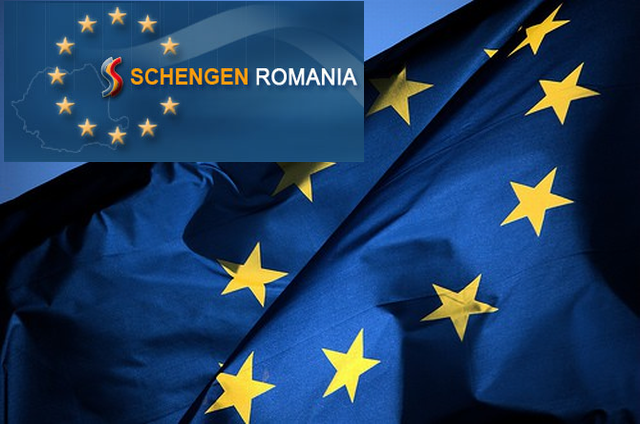Romania and the Schengen Accession
Romania has recently marked 10 years since signing the EU Accession Treaty together with neighbouring Bulgaria.

România Internațional, 29.04.2015, 13:49
A major foreign policy goal for Romania is its Schengen accession, postponed repeatedly since 2011. The time has come for Romania to be part of the border-free area, President Klaus Iohannis said during his official visit to Italy, on Monday and Tuesday. The head of state was once again reassured by top-level politicians that Rome was supporting that goal. Italian Prime Minister Mateo Renzi emphasised that Romania’s presence in the Schengen area was not only beneficial to Bucharest, but also to Italy and the EU as a whole. The same topic was approached by Prime Minister Victor Ponta during his meetings with EU officials in Strasbourg on Tuesday. He said Bucharest had the support of both the European Commission and the European Parliament. Victor Ponta:
“We obviously talked about the Cooperation and Verification Mechanism and about the Schengen accession, but our standpoints are already well-known. There is support, both at the European Commission and European Parliament top level, but we are yet to convince one or two member countries that still have reservations in this respect.”
Last week, during a visit to Bucharest, Luxembourg’s Foreign Minister Jean Asselborn, whose country will take over the half-year rotating presidency of the EU, said that during his previous visit to Romania, in 2011, Romania’s joining the Schengen area was already a widely discussed topic. In his opinion, all the EU countries that have fully met the technical criteria should be allowed into the border-free travel area. Romania completed the technical preparations four years ago, but there is still a little stumbling block, Asselborn admitted. He told Bucharest that it should talk to the German, French and Dutch to find a solution, and should this solution be found, October could be a good month for a resolution to this problem.
He also promised he would try to make the case for Romania, although some of the older EU members link the Schengen accession to substantial progress in the judiciary and in fighting corruption. Romania’s joining the Schengen area seems therefore to be conditioned by the lifting of the Cooperation and Verification Mechanism, put in place upon Romania’s and Bulgaria’s EU accession in 2007, in order to monitor the reform of the justice system and the fight against organised crime and corruption.






























